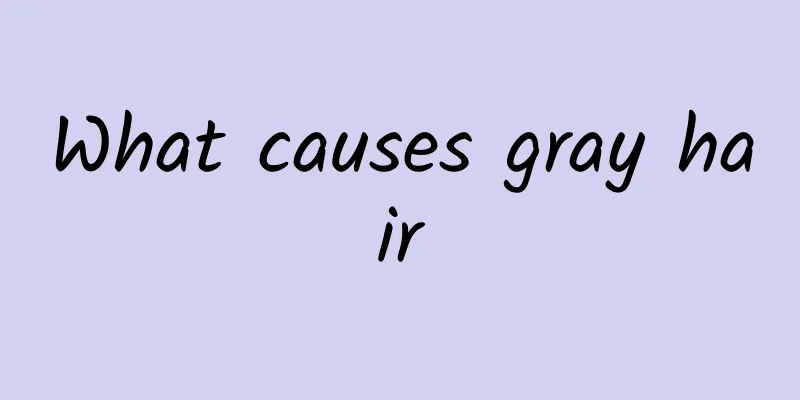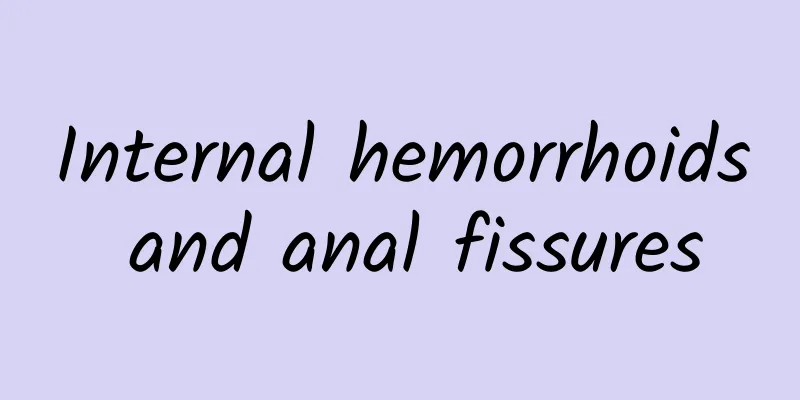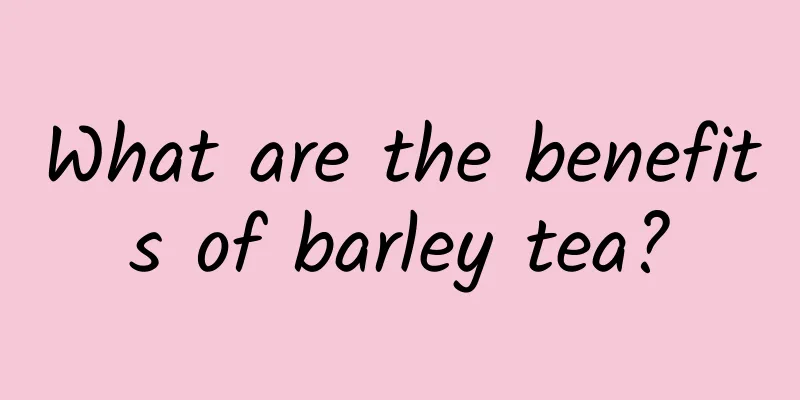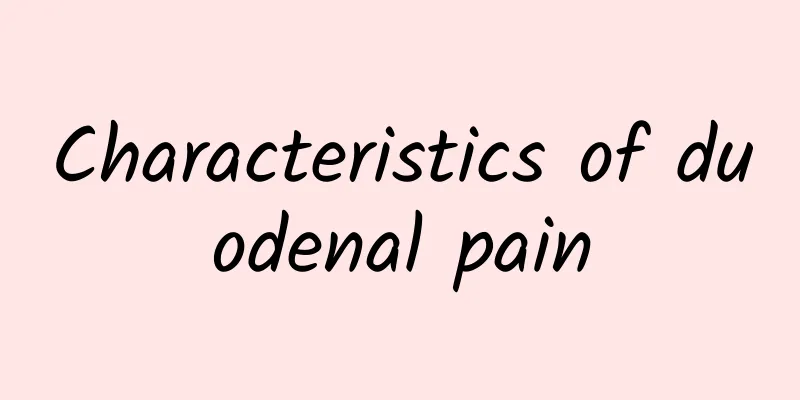How to restore kidney function effectively?

|
When people discover that their kidney function is impaired, they want to know how to recover, whether they can recover, and how to prevent their renal function from getting worse. Whether kidney function can be restored must be paid attention to at every stage of treatment. So, can kidney function be restored? In fact, we must pay attention to the following issues in our daily life. Let us learn about them together below. Mr. Wang, who does not eat salt and drinks less water, was diagnosed with chronic renal failure a year ago. He had mild edema in both lower limbs and low urine volume. Because he was afraid that eating salt and drinking water would aggravate the symptoms, he insisted on not eating salt and drinking less water for half a year. As a result, he developed symptoms such as muscle cramps, fatigue and weakness, and his condition became more and more serious. After going to the hospital for a check-up, it was found that he had hyponatremia. After symptomatic treatment, his symptoms improved. Edema is psychological, and even not eating salt will have the opposite effect. Salt and water restriction is necessary for chronic renal failure patients with hypertension, edema, and oliguria to avoid excessive water and sodium retention, aggravating edema and hypertension. But not all patients should restrict water and salt. If there is no hypertension, edema and oliguria, water and salt intake should not be restricted. Not eating salt can lead to sodium deficiency like Mr. Wang, resulting in muscle cramps, hypotension, hypovolemia, orthostatic hypotension and renal damage. Even if you have symptoms such as edema and oliguria, you should still adopt a low-salt diet and control your water intake appropriately. Therefore, whether patients with chronic renal failure should strictly control their water and salt intake should be decided by their doctor based on the specific circumstances. There is no need to be overly afraid of salt and water. Vegetarian diet can reduce the burden on kidneys. Due to the decreased metabolic capacity of kidneys in patients with chronic renal failure, the main toxins in the body, such as urea and creatinine, accumulate in the body, causing damage to the body. These toxins are all metabolites of protein, so patients with chronic renal failure should emphasize a high-quality protein diet. However, some patients become long-term vegetarians because they are afraid of eating animal protein and believe that vegetarian food does not contain protein. In fact, this is a misunderstanding of food protein. Food protein comes from both plant protein and animal protein. Although the protein content of most plants is lower than that of animal proteins, the protein content of daily staple foods such as rice and flour is 8%-9%, and the protein content of beans and bean products can reach more than 20%. At the same time, plant protein contains more than 50% non-essential amino acids, less essential amino acids, and high potassium, so it is not suitable for patients with chronic renal failure. Therefore, patients with chronic renal failure should eat a moderate amount of animal protein high in essential amino acids, such as milk, eggs, and fish, and properly control the intake of plant protein. It is not advisable to choose plant protein such as soy milk, tofu and other beans and soy products. However, the daily protein intake should be controlled, and the daily protein intake can be roughly estimated based on your blood creatinine level. In short, patients with chronic renal failure must be clear that a high-quality low-protein diet is not the same as a vegetarian diet, and a vegetarian diet cannot reduce the burden on the kidneys. Hunger therapy can protect renal function. Patients with chronic renal failure emphasize a high-quality, low-protein diet while also ensuring adequate calorie supply, that is, ensuring that the body has sufficient energy supply, reducing the decomposition of endogenous protein, and thus alleviating azotemia. People generally use sugar as an important source of calorie supply. The daily staple food of most patients with chronic renal failure should be controlled below 250-300 grams. Try to use starch, rice noodles, lotus root powder, sweet potato, honey, white sugar, and vegetable oil to replace part of the staple food plus rice, flour, etc. In clinical practice, due to the excessive emphasis on diet of patients with chronic renal failure and patients' misunderstanding of animal protein, some patients adopt the so-called "starvation therapy". Patients often suffer from malnutrition due to excessive restrictions on staple foods and animal protein. Since malnutrition is very common among patients with chronic renal failure, coupled with starvation therapy, malnutrition is aggravated, resulting in decreased body resistance and hypoproteinemia, and it is easy to be infected, which aggravates the condition and leads to deterioration of renal function. Therefore, starvation therapy cannot protect kidney function, and patients with chronic renal failure must not "test the law on their own body." |
<<: What's wrong with the two petals of the little toenail?
>>: There are two horizontal lines on my neck. What's going on?
Recommend
Glossopharyngeal neuralgia
Glossopharyngeal neuralgia is a relatively rare d...
The memory of the elderly declines rapidly, and it is the "culprit"
The memory of the elderly will gradually decline ...
What to do if you have a sore throat
When autumn and winter come, because the climate ...
Seasoning recipe for stewed dishes
Everyone knows that braised dishes are delicious....
Physiological uterine cyst
Many women may have heard of the disease of physi...
Where is the Du Meridian?
We often hear doctors say that there is a Du meri...
What should I do if I have tenosynovitis in my fingers?
Tenosynovitis is an extremely harmful disease and...
Bronchitis in children with recurrent fever
After a child develops bronchitis, this is a very...
Can I drink compound donkey-hide gelatin during menstruation?
Women's physical health requires special atte...
How long after wisdom teeth removal can I smoke?
Wisdom tooth extraction is the most common dental...
Is it better to use red or white coix seed to remove dampness?
In terms of medicinal value, small coix seeds are...
Waking up with stomachache in the morning
If you have a bad stomach, you will easily have s...
Calf spleen extract injection
Many diseases are caused by low immunity of the b...
Introduction to pulmonary lymph nodes
It is difficult to treat a disease like pulmonary...
What are the foods that nourish the spleen and stomach? Which foods can nourish the spleen and kidneys?
There is a huge difference between the spleen and...









